From fashion to tech, these are Australia’s richest women
Tech stars, miners, property and concrete barons, fashionistas and the secret sisters who own one of Australia’s most iconic brands. These are 33 women in this year’s Richest 250.
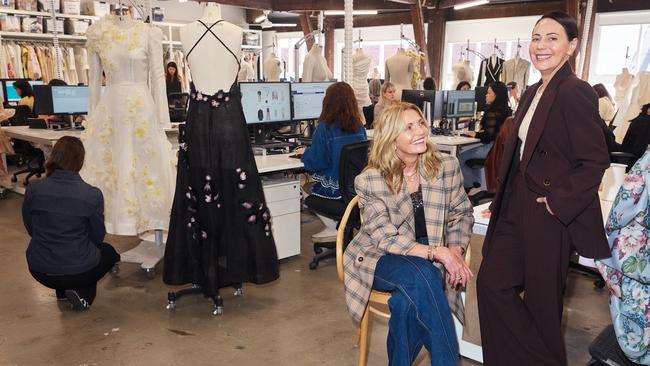
Technology stars, mining magnates, property and concrete barons, fashion entrepreneurs and the little-known owners of one of Australia’s oldest and most iconic brands.
There are 33 women appearing on the 2024 edition of The List - Australia’s Richest 250, led by billionaire Gina Rinehart.
But the other Australian female founders and entrepreneurs on The List own some of the country’s most impressive businesses.
Blundstone owners Helen Dickinson and Anne Routley, two sisters based in Hobart, debut on
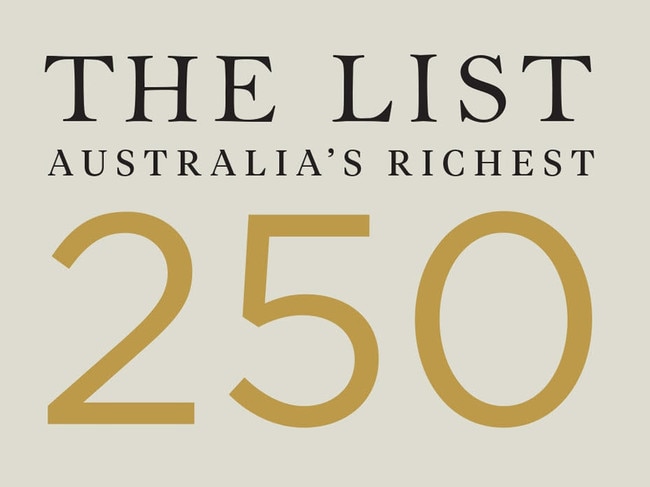
This year’s full The List - Richest 250 is at www.richest250.com.au
The List this year, joining an impressive mix of women, including the owners of brands like Zimmermann, RM Williams and Mecca, as well as Pronto Concrete, Bing Lee and Dicker Data.
Here are the richest women on The List this year:
Gina Rinehart ($50.48bn)
Rinehart heads Australia’s biggest private resources company, which also holds significant rural property assets and is becoming one of the mining sector’s most influential investors. Profits have surged in recent years for her Hancock Prospecting, thanks to the spectacular performance of its flagship, and majority-owned, Roy Hill mine. Hancock made a $5.04 billion profit for the 2023 financial year – bigger than just about any other privately held company – and has $20 billion in cash on its balance sheet.
Nicola Forrest ($37.17bn)
Nicola Forrest arrives on The List this year due to the confirmation of her separation from husband Andrew Forrest, founder and executive chairman of Fortescue Metals Group. Her new separate shareholding in Fortescue – it is held solely in her name while the rest of the Forrest family fortune is jointly held – accounts for her inclusion on The List, even though the duo’s wealth is combined. The two are both billionaires and have, on paper, equally split almost all their vast Fortescue share wealth. They also have equal ownership of the private Tattarang business empire that spans cattle holdings, brands like RM Williams.
Melanie Perkins ($10.92bn)
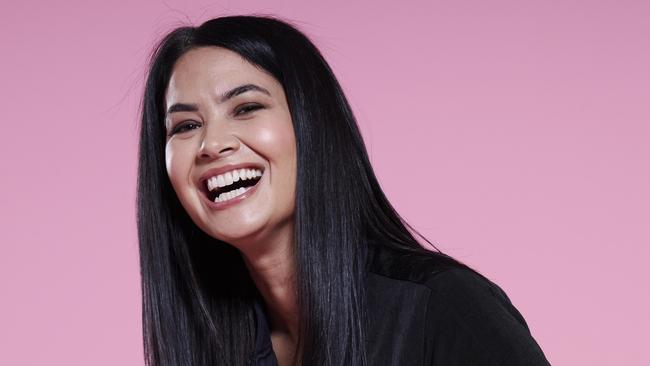
The clock is ticking on Canva’s plans to go public, with employees of the online graphics company and investors counting down the days until an eventual stock market listing. Perkins and husband Cliff Obrecht are pointing towards 2025 or 2026 for what would be one of the world’s most anticipated floats in recent years, but in February Canva completed a $1.5 billion private share sale that gave some of its staff and backers a way to realise some of their paper gains. The duo maintain a large shareholding in Canva, which is valued at about $US26 billion.

Angela Bennett ($4.59bn)
Bennett has parlayed the wealth that has flowed her way from royalties into an investment company with more than $2 billion in assets. Her AMB Holdings has stakes in listed and private companies, cash holdings and property. It is also building a new $20 million headquarters in Perth’s Cottesloe.
Bennett receives hundreds of millions in iron ore royalties annually from Wright Prospecting, the business formed by her late father Peter Wright, one-time business partner of Gina Rinehart’s late father Lang Hancock.
Bianca Rinehart, Ginia Rinehart, Hope Welker ($3.92b each)
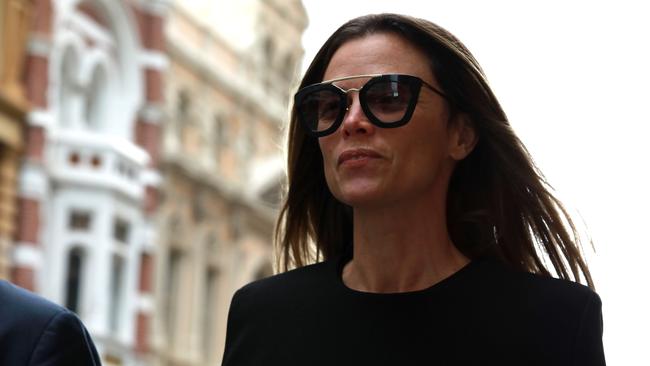
The wealth of Gina Rinehart’s four children - three of whom are female is based on the trust fund that owns almost 24 per cent of the giant Hancock Prospecting mining and investment business. The children each have an equal share of the Hope Margaret Hancock Trust, which is the subject of an ongoing legal battle that involved several high-profile appearances by John Hancock and Bianca Rinehart in a Perth court last year. The legal dispute involves some of the children claiming their late grandfather, Lang Hancock, intended for them to share not only the wealth contained within the family trust but also some of the family fortune that flows directly from iron ore royalties.
Alexandra Burt & Leonie Baldock ($3.21bn)
Baldock and Burt are the granddaughters of the late Peter Wright, one-time business partner of Gina Rinehart’s late father Lang Hancock. The sisters own Wright Prospecting with their billionaire aunt Angela Bennett, with both sides of the family’s wealth based on the hundreds of millions in iron ore royalties they receive annually. Burt’s assets also include the Voyager Estate winery in Western Australia.
Vicky Teoh ($2.59bn)
Not content with having built TPG into one of Australia’s biggest internet services providers and mobile phone companies, Vicky Teoh and husband David are at it again with the ASX-listed Tuas. It owns and operates the low-cost Simba Telecom brand in Singapore, where it is building out 5G services across the island and quickly growing subscriber numbers. Tuas shares more than doubled in 2023. The Teohs moved to Australia from Malaysia in 1986 and started what was then known as Total Peripherals Group.
Prudence Macleod ($2.42bn)
MacLeod’s wealth is based on her share of the proceeds the Murdoch family received from the $US71 billion merger of 21st Century Fox and Disney in 2019. The eldest daughter of Rupert Murdoch, MacLeod has a string of investments across agriculture and technology startups, via investment company Macdoch. She founded it with husband Alasdair, and it also has a foundation that aims to tackle challenges related to climate change.
Charlotte Vidor ($1.60bn)
Ervin and Charlotte Vidor have built a hotel and property development empire, with its sheer scale revealed in Toga’s 2023 financial report. The group has $1.16 billion in net assets on its balance sheet, including $102 million in cash and $814 million in property, plant and equipment. The Vidors started out in 1963 with two blocks of nine units in Sydney’s Glebe.
Rhonda Barro ($1.47bn)
The Barro family has long been a big shareholder in the ASX-listed cement maker AdBri, adding to its already substantial private concrete business Barro Group. The family’s AdBri stake surged in value in mid-December when it announced a joint $2.1 billion buyout proposal for AdBri with Irish building materials giant CRH, sending the AdBri share price surging. Barro Group was started by the late Dave Barro in 1946 and now, under the leadership of his children, comprises the Pronto Concrete business, quarry holdings and other divisions, including garden and building supplies arms.
Imelda Roche ($1.44bn)
Roche and her late husband Bill made their fortune from the Nutrimetics business they introduced to Australia in 1968 and later expanded around the world, including buying out its US founders, before selling in 1997. The Roche family assets now include property development projects and tourism holdings such as the large Hunter Valley Gardens in NSW.
Gretel Packer ($1.20bn)
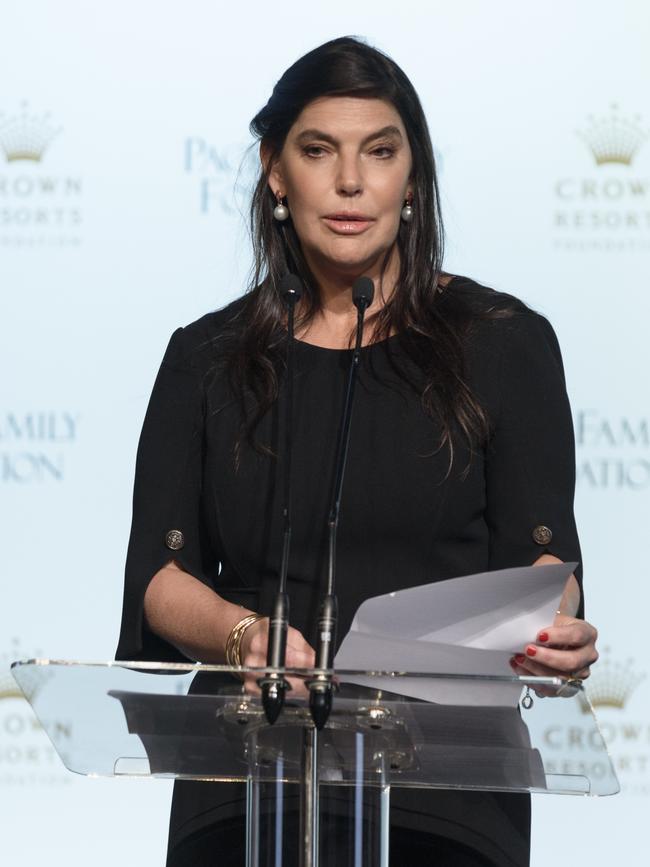
Packer’s wealth stems from the family fortune, split with brother James in a 2015 settlement. It includes assets such as Ellerston Pastoral near Scone in NSW, Sydney property and equities. The daughter of late media mogul Kerry Packer, she chairs the family charitable foundation.
Judith Neilson ($1.20bn)
One of Australia’s most generous philanthropists, Neilson has $450 million of assets in her Judith Neilson Foundation to support arts and anti poverty charities and has committed to spending the remaining $70 million in the Judith Neilson Institute for Journalism and Ideas.She owns a portfolio of inner-city Sydney buildings, including the White Rabbit Gallery,having sold all her shares in Platinum Asset Management, the funds management business started by former husband Kerr Neilson.
Marnie Lewis-Millar & Shay Lewis-Thorp ($1.19bn)
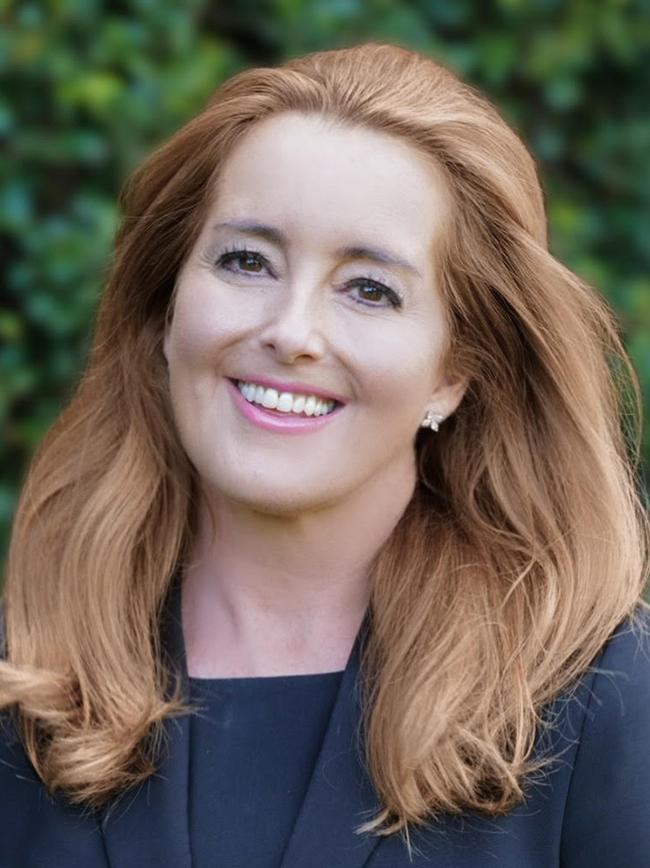
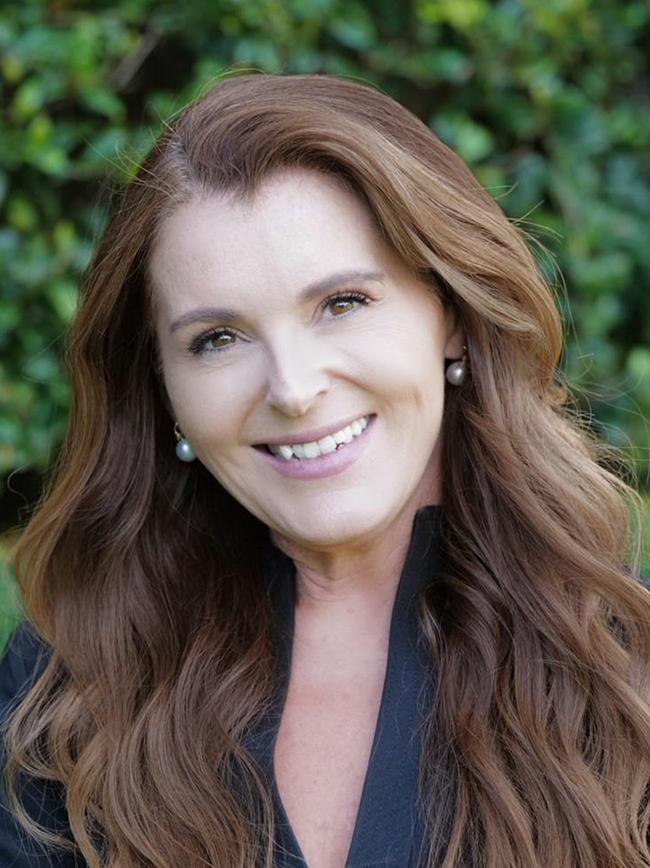
The daughters of late property developer Bernard Lewis control the family company that claims to be Australia’s oldest privately owned property development group. Lewis Land has developed more than 20,000 residential land lots since the business began in 1957, including carving canals on the Gold Coast and residential subdivisions in outer Melbourne and Sydney. The group also owns or part-owns shopping centres in Adelaide, Sydney and the Gold Coast, and pubs and hotels in NSW and Queensland.
Nechema Werdiger & Family ($1.05bn)
The Werdiger family are long-term holders of property in Melbourne’s CBD. In a 2022 deal, they sold two office blocks for about $300 million, 25 years after they’d bought them for a reported $43 million. Nechema is the widow of the late Nathan Werdiger, a Holocaust survivor who bought property after making his initial fortune in textiles.
Jamuna Gurung ($1.00bn)
Gurung and husband Shesh Ghale have plans to build hotels in Melbourne’s CBD – one under the SO Hotels brand near the Queen Victoria Market, as part of a mixed-use development, and another that would revamp the historical Sir Charles Hotham Hotel site on the CBD fringe. These would add to the hotels the duo already own in Bruges, Belgium, and one under construction in Kathmandu, Nepal, from where they moved to Australia 30 years ago. The basis of their wealth is the private Melbourne Institute of Technology tertiary education business.
Maree Isaacs ($825m)
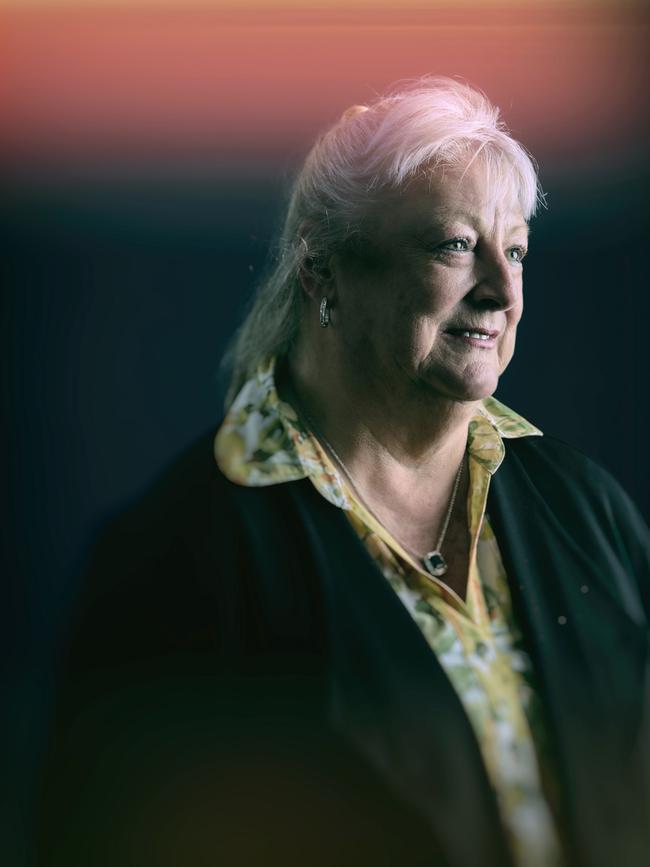
Isaacs is the quiet achiever behind one of the biggest Australian technology success stories in recent years. She teamed up with billionaire Richard White in 1994 to start WiseTech, which has gone on to become a huge company on the ASX. Shares in the freight and logistics technology business are the basis of Isaacs’s wealth. She previously worked with White at Real Tech Systems Integration before the pair started WiseTech, with Isaacs handling most of the back-office functions.
Robyn Denholm ($822m)
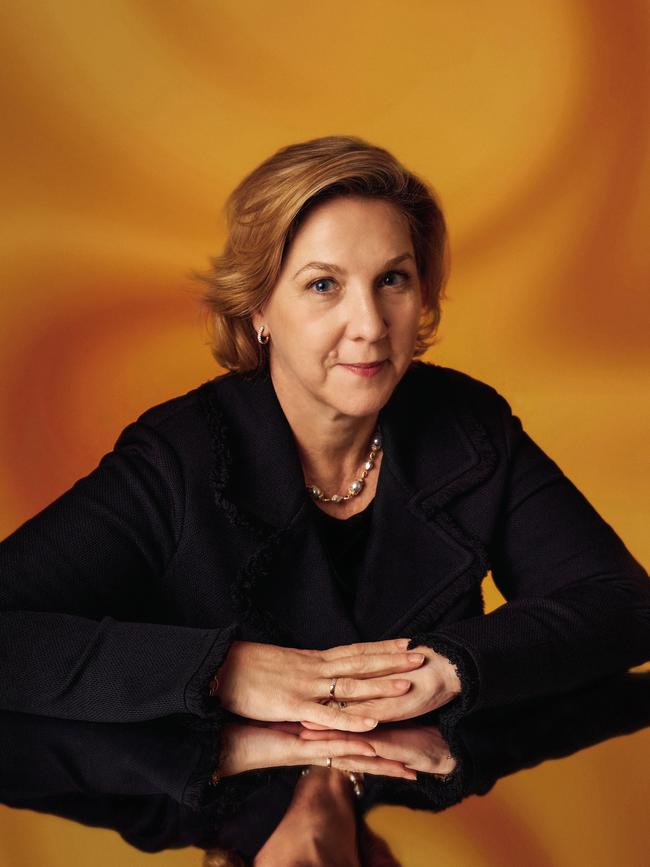
Denholm, the Australian chair of Tesla, takes after the company founder Elon Musk in at least one way – she likes to take risks. It is now a decade since Denholm joined the Tesla board while working in Silicon Valley as executive vice-president of software firm Juniper, after a previous stint at Sun Microsystems. She had moved to the US in 2001, a newly single mother with then 13- and eight-year old children, heading to a job she wasn’t sure she could do. Denholm would rise through the ranks to eventually become CEO. Denholm’s estimated wealth includes her Tesla shares and options.
Nicky & Simone Zimmermann ($812m)
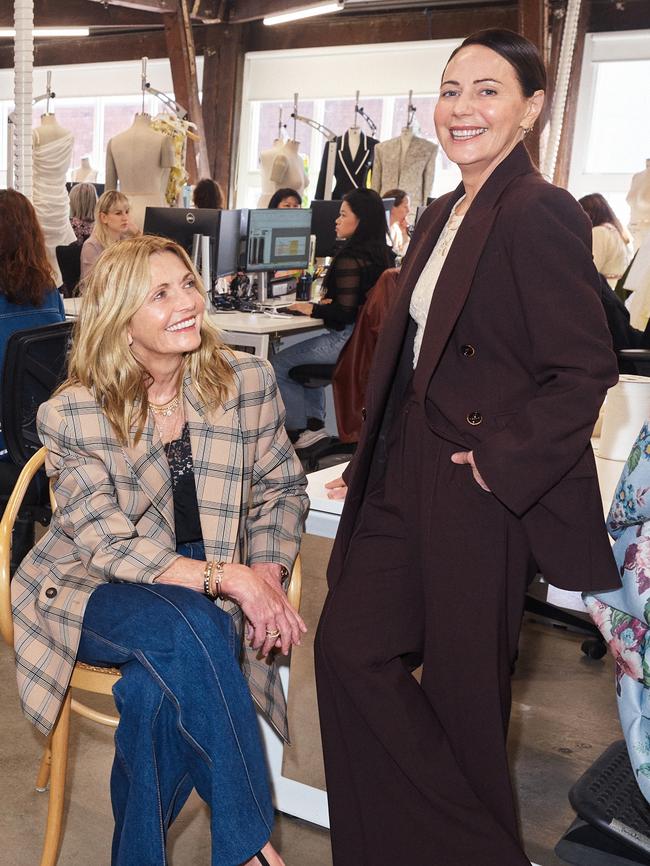
While the fashion brand founded by the Zimmermann sisters in 1991 has gone from strength to strength, including boutique shops across Europe and showings at Paris and New York fashion weeks, its story is also one of remarkable business achievement.
The sisters sold a stake to US private equity company General Atlantic in 2016, which was on-sold to Italy’s Style Capital, in a 2020 deal reportedly worth more than $446 million.
Then, last August, Style Capital sold a majority stake to US private equity investor Advent International in a deal said to value the brand at about $1.75 billion.
Junhui Lin ($783m)
Junhui Lin, the wife of Chinese property mogul Yi Lin, founded Aqualand with son Shangjin ‘Jin’ Lin in 2014, building a business that has a property portfolio of about 25 sites worth $5.5 billion. Aqualand is planning its first build-to-rent project in North Sydney, but it is best known for its flagship Central Barangaroo project on the fringe of Sydney’s CBD.
Fiona Brown ($765m)
Brown co-founded Dicker Data in 1978 with former husband David Dicker, who remains at the helm of the company, with Brown maintaining a non-executive board role. Her estimated wealth is based on her Dicker Data shares. She was general manager of the computer hardware retailer until 2004.
Jo Horgan ($738m)
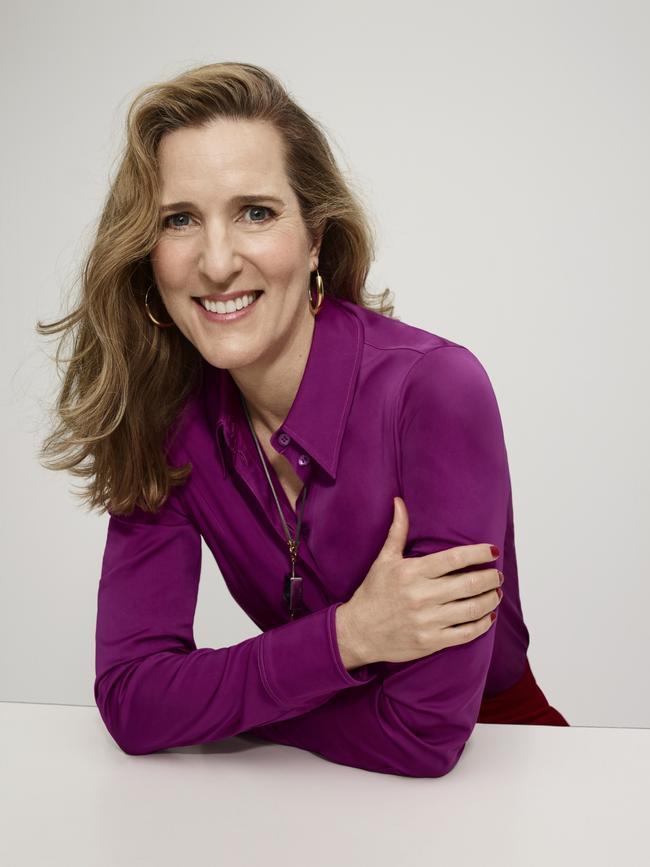
Horgan’s Mecca skincare and cosmetics business has grown from a single shop in South Yarra in 1997 into a retail empire with a retail empire with annual turnover of more than $570m. Husband Peter Wetenhall joined the company eight years after it was founded. Last year, as Horgan made her first foray overseas, launching Mecca Cosmetica sunscreen in the UK, she was awarded an AM for services to retail business and to women in executive roles.
Yenda Lee & Family ($720m)
The Bing Lee chain of electrical goods outlets is named for Yenda Lee’s late father-in-law Bing Lee. He started the business in Sydney’s western suburb of Fairfield after trading his fruit shop for an electrical retail store just as television started booming here in the mid-1950s. Bing and son Ken Lee ran the business, which is now in the hands of Yenda’s son Lionel. The Lee family also has extensive property holdings around Sydney.
Helen Dickinson & Anne Routley ($686m)
Dickinson and Routley are the daughters of the late Harold Cuthbertson, who took over the family’s Blundstone business in 1953 and ran it successfully for 51 years. They arrive on The List for the first time this year after the lodging of Blundstone Australia’s financial accounts with the corporate regulator shows the success of the boot-making company. Blundstone Australia made a $US32 million net profit from $US139 million revenue last year. It sells more than 2.7 million boots a year in 70 countries, but America is its biggest growth market.
Tania Austin ($598m)
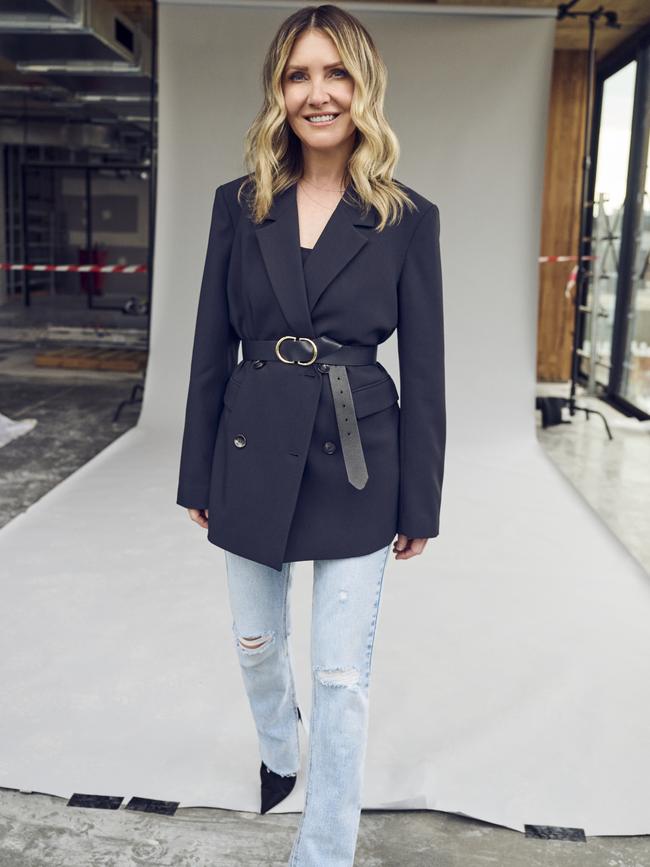
Austin made her first pile when she left the successful Cotton On clothing business she founded with ex-husband Nigel. Her next venture, casual fashion line Decjuba, turned 15 last year and boasts 140 stores across Australia and New Zealand, and includes a children’s label and beauty range. There are plans to open in Asia this year as well as launch Decjuba Beauty products. Accounts lodged with the corporate regulator showed a healthy net profit of almost $30 million from $208 million revenue in 2023, up from $25 million and $177 million the year before.
Naomi Milgrom ($593m)
Milgrom bough the Sussan retail chain,which includes Suzanne Grae, from her late father Marc Besen in 2003. Together with Sportsgirl, acquired in 1999, the companies are held by her private ARJ Group,whose annual revenue reached about $350 million, according to the most recent financial accounts.
Cyan Ta’eed ($591m)
Cyan and husband Collis Ta’eed started digital design asset business Envato in their Bondi garage, and the online marketplace for digital assets such as WordPress templates has became one of Australia’s most successful and profitable technology startups with annual revenue of more than $200 million.







To join the conversation, please log in. Don't have an account? Register
Join the conversation, you are commenting as Logout